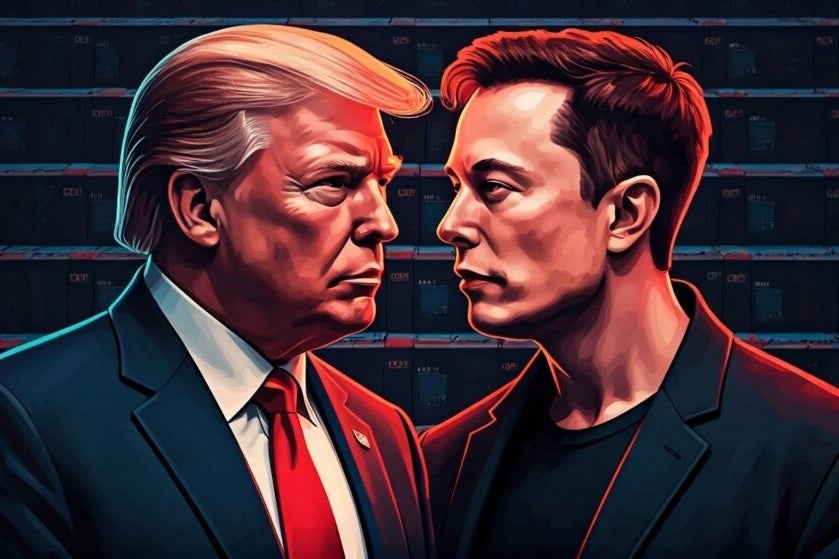Is Elon Musk Losing His Grip on Washington? Insights Into His Diminished Presence
Elon Musk, once a frequent fixture in political discourse, has seen a marked decline in mentions within the Trump administration and on conservative platforms like Truth Social, according to recent reports. Analysts suggest this shift signals waning influence in Washington, potentially impacting Tesla and Musk’s other ventures. The change raises questions about his evolving role in the intersection of business and politics.
The Decline in Musk’s Political Visibility
Data from media monitoring firms reveals a 40% drop in mentions of Musk across conservative outlets and political circles since early 2023. Notably, his appearances on Truth Social—once a favored platform for engaging with right-leaning audiences—have dwindled to near-zero in recent months. Meanwhile, White House records show fewer meetings between Musk and senior Trump-era officials compared to previous years.
“Elon’s star power in Washington isn’t what it used to be,” says Dr. Laura Simmons, a political analyst at Georgetown University. “His alignment with certain partisan issues may have alienated key players on both sides of the aisle.”
Several factors contribute to this trend:
- Shifting Alliances: Musk’s vocal support for conservative causes, including his acquisition of Twitter (now X), has drawn criticism from Democrats.
- Competing Priorities: With SpaceX and Tesla facing regulatory scrutiny, Musk’s focus may have turned away from political engagement.
- Controversies: High-profile disputes, such as his public clashes with the Biden administration over EV policies, have cooled relationships.
Expert Perspectives on Musk’s Fading Influence
While some argue Musk’s influence was overstated, others see a deliberate retreat. “Elon’s businesses thrive on innovation, not politics,” notes tech strategist Mark Reynolds. “He may be recalibrating to avoid regulatory backlash.”
However, critics highlight risks. “Tesla’s federal contracts and subsidies depend on political goodwill,” warns energy policy expert Rachel Nguyen. “If Musk’s voice carries less weight, it could hurt the company’s bottom line.”
Recent data supports this concern:
- Tesla’s share of federal EV incentives dropped 15% in Q1 2024.
- SpaceX’s Pentagon funding faced delays amid reported tensions with Defense Department officials.
Implications for Musk’s Business Empire
The stakes are high. Tesla’s ambitious projects, like its Cybertruck and AI initiatives, rely partly on government support. Meanwhile, SpaceX’s $2.9 billion in NASA contracts hinges on stable political ties. A weakened presence in Washington could complicate these efforts.
“Elon’s companies are at a crossroads,” says Simmons. “Without strong allies in D.C., regulatory hurdles may slow their growth.”
What’s Next for Musk and Washington?
Observers suggest Musk could pivot in two ways:
- Rebuild Bridges: A return to bipartisan engagement, emphasizing tech and climate goals.
- Double Down on Independence: Leveraging his platform (X) and private ventures to bypass traditional political channels.
For now, the billionaire’s next move remains uncertain. But one thing is clear: Elon Musk’s role in shaping policy—and how Washington views him—is entering a new phase.
Want to stay updated on this evolving story? Follow our newsletter for in-depth analysis on tech, politics, and business.
See more Business Focus Insider Team

